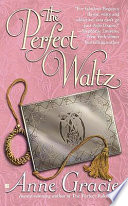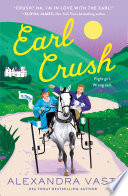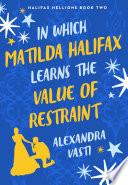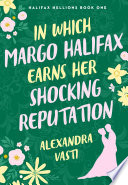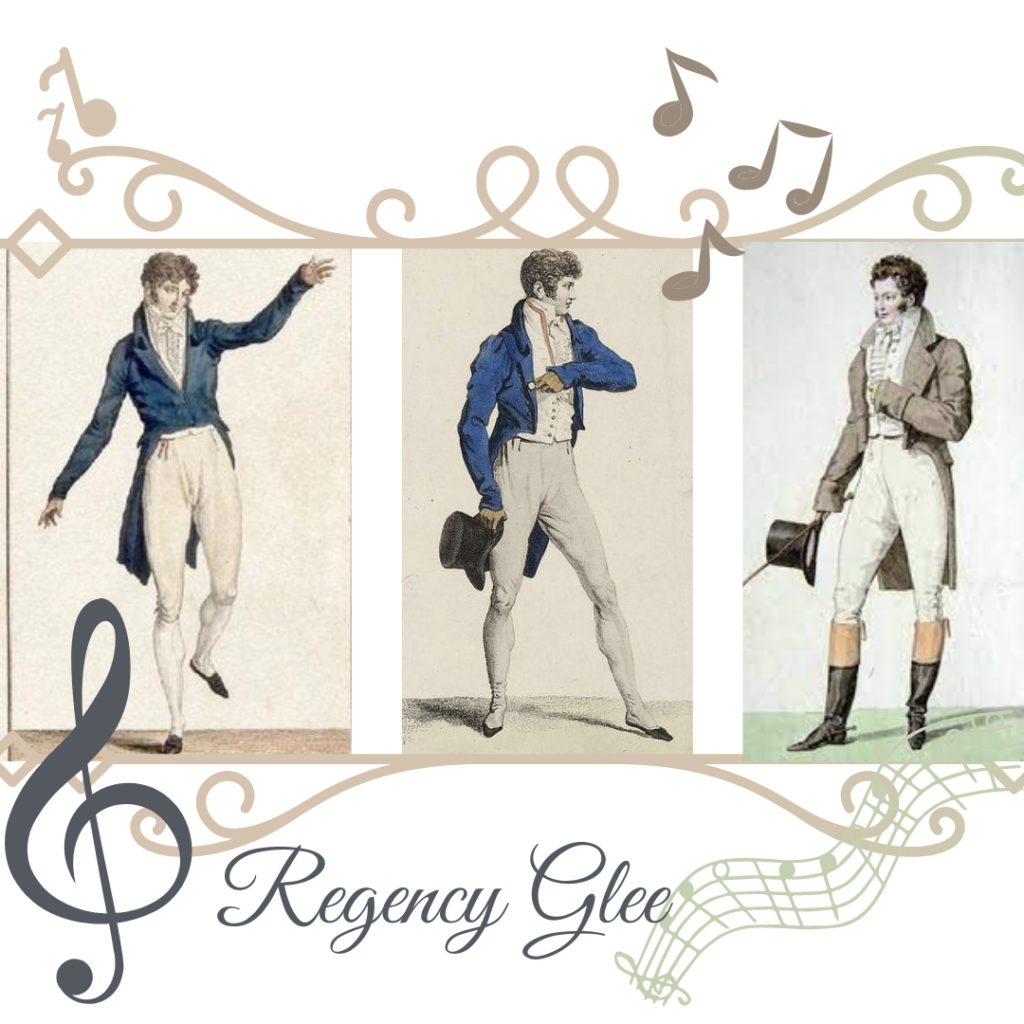
The Nobleman’s Catch Club was established in the early 1760s by nine founding members including the Earl of Eglinton, Earl of March and the Earl of Sandwich. The new club brought with it prizes for catches with the intent to support composition and performance of catches, glees, and canons. The original intent of the club is not recorded, but it’s often credited with supporting this type of vocal music into the future (The Catch Club in Eighteenth Century England, by Brian Robins (free.fr)) and having been influenced by the Madrigal Society.
A catch is a type of round or canon, or a musical composition where two or more voices repeatedly sing the same melody but start at different times. A popular example is Row, Row, Row Your Boat. Catches originated with hymnals and religious music, but began to find popularity with secular themes beginning in the 13th century.
The Catch Club was a “highly selective organization dominated by parliamentarians from both Houses that could afford, with the professional assistance of some of the best London singers…the performance of unaccompanied catches, glees, and canons” (Wollenberg, 2017). It was made up of premier musicians, noblemen, politicians, and other esteemed men. The Club did host a ladies night for female performances. Prizes were given out to various composers and performances, until prizes were abolished in 1794.
The Club would meet in various locations including the Criterion, Almack’s and Willis’s rooms. By the 19th century, the club began to shift from catches to glees and focused on professional, rather than amateur, performers. It would continue to meet well into the Victorian era.
Catches tended to be more bawdy than glees, and tended to be influenced by the madrigal.
The Glee Club was founded in 1787 with their first meeting at the Newcastle Coffee House in the Strand. For the next several years they bopped around, meeting after different coffee houses and taverns with a diverse group of men:
The Quarterly Musical Magazine and Review (1820)
Glee would start to lose its supremacy around the 1850s, as larger choral performances would begin to be favored.
Wollenberg, S. Concert Life in Eighteenth-Century Britain. (2017). United Kingdom: Taylor & Francis.
Read about Jane Austen and glee: Historical and Regency Romance UK: JANE AUSTEN: Glee Singing at Mansfield Park (historicalromanceuk.blogspot.com)



